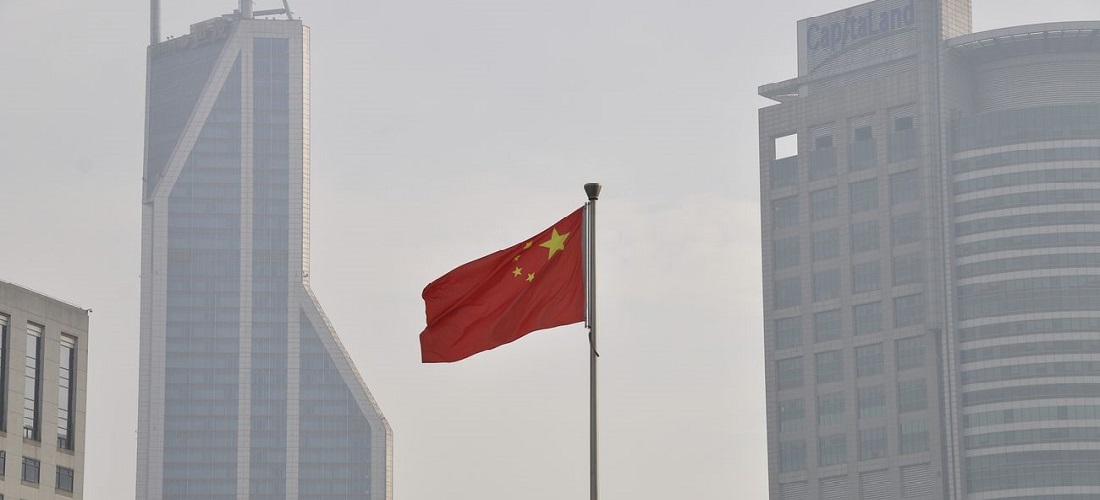Japanese child stabbed in Shenzhen in a new act of violence driven by nationalism
On the anniversary of the 1931 Munken Incident, a 10-year-old boy was attacked by a man 200 metres from his school in the high-tech city. In June, a Chinese woman was killed trying to stop a similar attack. Japanese government spokesman Hiroshi Moriya says that Japan wants to work with Chinese authorities to "protect Japanese citizens”.
Rome (AsiaNews) – A knife-wielding, 44 -year-old Chinese man attacked a 10-year-old Japanese boy around 8 am Wednesday, about 200 metres from his elementary school in Shenzhen, Guangdong province (southern China).
Chinese authorities report that the victim, who was immediately taken to hospital, is in stable conditions, and Japanese government spokesman Hiroshi Moriya confirmed that his attacker was in police custody.
Following the incident, the Japanese embassy in China issued an advisory, noting that attacks of this kind are becoming increasingly common in the country; it urges Japanese citizens to be cautious with suspicious people.
The incident happened on the 93rd anniversary of the Munken Incident, which started Japan’s invasion of Manchuria in 1931.
The latest is not an isolated incident. This kind of violence has to be seen against the background of rising Chinese nationalism fuelled by unresolved hostilities between the two countries that have continued long after World War II, which include current territorial claims.
Last June, a 54-year-old bus driver, Hu Youping, died in a knife attack in Suzhou, Jiangsu province, as she tried to stop a man who was attacking a Japanese woman and her preschooler at a bus stop. The two survived with only minor injuries.
“On behalf of the Japanese government and people, I would like to express my deepest respect and sincere condolences for [the woman’s] courageous action,” Japanese Ambassador to China Kenji Kanasugi told reporters at the time. He went on to stress that Japan needed to work with local authorities to ensure the safety of its citizens in China.
Relations between the two countries have soured over the past year amid raising xenophobic tensions, in the wake of China’s decision to ban imports of Japanese seafood, after Japan released filtered cooling water from the Fukushima nuclear power plant into the sea.
This reflects rising Chinese nationalist rhetoric, despite the lack of scientific evidence that seafood from the release area is harmful to human health.
Bans like this have also significantly impacted trade between the two countries: in 2022, the value of Japanese products sent to China was over 0 million.
This situation has unsettled and alarmed Japanese nationals living in China, especially in places where they are in high numbers, like Shenzhen, home to Japanese high-tech companies.
It is no coincidence that the latest incident comes at a time of remembrance for the Manchuria invasion, which is still very much alive for many in China, constantly fuelling Chinese nationalism.
Meanwhile, spokesman Moriya at a press conference this morning said: “To protect Japanese citizens, we requested the Chinese authorities to take preventive measures and share detailed information.”
12/02/2016 15:14
11/04/2007







.png)










